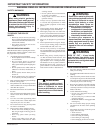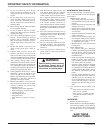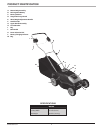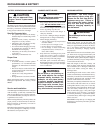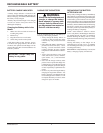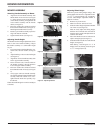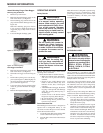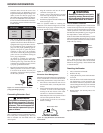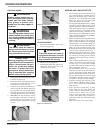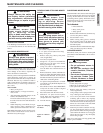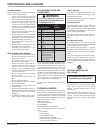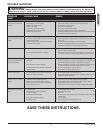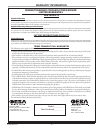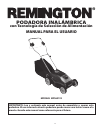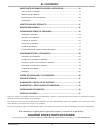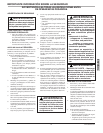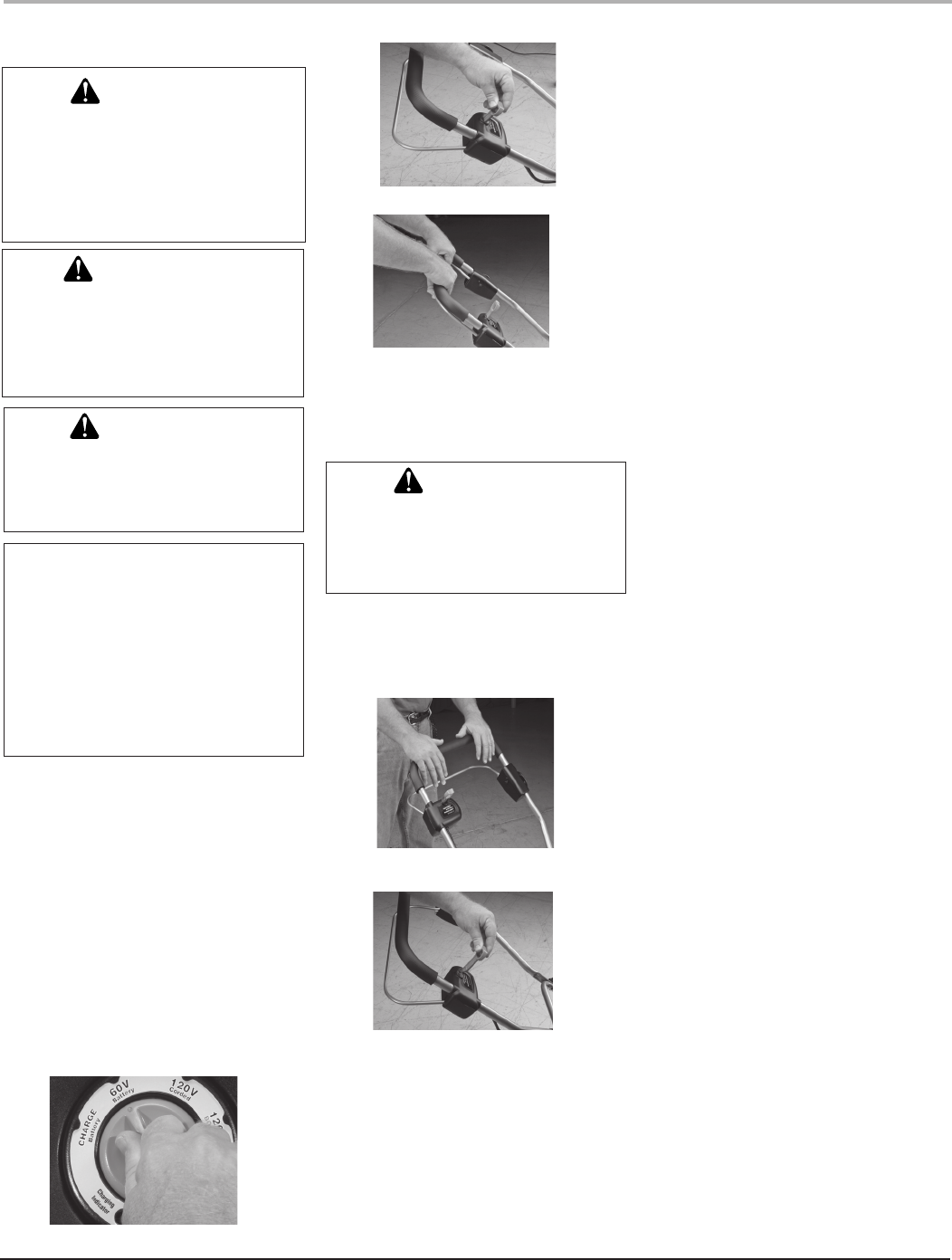
www.desatech.com
12
MOWER INFORMATION
1. Select power input using the power selec-
tion dial (see Figure 21).
2. Insert key into key slot and press into slot
(see Figure 22). Note: The key can be
inserted either way into key slot.
3. Continue to press the key into the key slot
while raising the bail handle (see Figure
23). The motor will start and the mower
blade will begin to rotate. Once the mower
is started, the safety key can be released.
4. IMPORTANT: To stop the mower, release
the bail handle. The motor will shut off
and the blade will stop turning. To start
the mower again, repeat steps 1 through
3 above.
Figure 21 - Select Power
STARTING MOWER
• For best results, mow at a steady pace. If you
try to walk too quickly, especially in tall or
thick grass, the quality of the cut may not
be uniform. To avoid damage and extend
battery life, always mow at a pace which
allows the motor to run smoothly.
• The length of time that the mower’s battery
can hold its charge while mowing a lawn
depends upon lawn conditions; tall, thick, or
damp grass make the mower work harder,
causing the battery to discharge faster.
Under normal mowing conditions the run
time is between 45 and 60 minutes. To mow
longer, consider purchasing a second battery
and keep it fully charged.
• Before starting the mower, adjust the cutting
height so that you only cut 1 to 2 inches of
grass at a time. Cut thicker grass at a higher
cutting height, or cut a narrower swath. Do
not force the mower forward in thick grass;
rather cut it with a couple of passes. Your
Remington brand mower will do a better and
safer job when cutting at a steady pace.
• Mowing dense grasses, such as St. Augus-
tine or Bermuda grass, requires more power
to cut properly. For these grasses it may be
necessary to move more slowly to ensure a
quality cut.
• Mow as often as needed so that you are only
cutting 1 to 2 inches of grass each mowing
session. Trying to cut more than 2 inches
will drastically reduce the charge life of the
battery and quality of the cut.
• For the healthiest lawn, avoid removing
more than one third of the leaf blade dur-
ing any one mowing session. When more
than one third of the leaf blade is removed,
the grass plant produces less food for itself
and therefore becomes weaker and more
susceptible to disease and insect damage.
• Frequent stopping and restarting of the
mower will use additional battery energy.
Try to work continuously and smoothly
when mowing.
• Keep your mower blade sharp. A sharp
mower blade cuts the grass quickly and
cleanly, using less of the mower’s power,
which conserves battery life. For best
results, inspect the blade often and have
an extra, sharp blade ready to install as a
replacement while the dull blade is being
sharpened.
• Mow across slopes; never up and down.
MOWING AND LAWN CARE TIPS
Always unplug mower and re-
move safety key before placing
hands near the blade. Always
wear gloves to protect your
hands from the sharp edges of
the blade.
WARNING
The cutting blade always turns
when the motor is running: there
is no clutch to allow the blade to
stop rotating while the motor is
running.
WARNING
The mower blade will coast to
a stop once the motor is turned
off. Severe injury could result as
long as blades are turning.
WARNING
Starting, stopping, and restart-
ing an electric motor repeatedly
within a few seconds can gen-
erate a lot of heat and damage
the motor. To protect the life of
your mower, always wait at least
fi ve (5) seconds after stopping
before restarting the mower.
CAUTION
STOPPING MOWER
1. Release the bail handle to stop mower
motor (see Figure 24).
2. Remove key (see Figure 25).
3. Recharge the battery after each use, no
matter how short a time it was used.
See Rechargeable Battery.
Figure 23 - Raising Bail Handle
Figure 22 - Insert Key
Figure 24 - Release Bail Handle
Figure 25 - Remove Key
The mower blades will coast to
a stop once the motor is turned
off. Severe injury could result as
long as blades are turning.
WARNING



